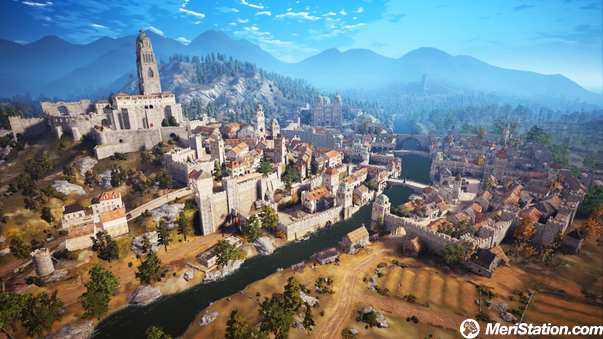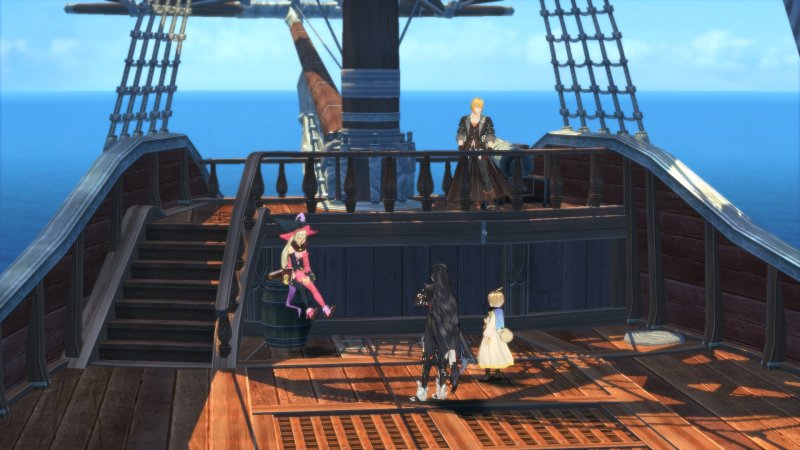Introduction to the Analysis
Those of us who have been involved in the MMO for many years , those who have known the origins outside of the original MUDs, with those Everquest, City of Heroes, Ultima Online, Lineage and the rest of the members that formed the foundations of the genre at the end of the 90s, we have perhaps a somewhat different version of what we wanted and expected for the future.
The MMORPG seemed like a natural extension to expand the borders of the RPG in general: great worlds, the possibility of forging a story of its own together or against other human beings, enjoying the necessary elements that make up the drama and comedy of
playing the role of table … It was a natural extension of that digital life that promised the network of networks, persistent massive worlds in which our actions could leave a trace to be contemplated by future travelers.
But somewhere along the way, that dream changed. More people entered the genre, Blizzard did a magnificent job distilling some of the essential elements of the genre and wrapping it in an irresistible presentation package. A design current was generated based on the
challenge and the merits, mixing with those previous elements, forming an explosive formula that accommodated millions of players, but which oriented the genre to constant and directed adventure: missions, dungeons,
raids by On top of commerce, houses or the freedom and uncertainty of being able to do what you want. It began to draw a clear dividing line: Sandbox (with Eve Online as great and somewhat solitary referent), and Theme Park (associated with all titles similar to World of Warcraft). Openness and linearity -relatively speaking-, face to face.
It has always been suspected that it was in the sandbox where the true potential was and that the Theme Park did not look too much like each other, but even so, the money was in WoW, so most of them have thrown themselves into that segment.
Those suspicions were partly supported by the incredible success of Minecraft, which is not technically an MMO but has shared elements and can be considered a child of that concept of being in the world and leave your mark on it – especially in its multiplayer facet – .
But by then, the genre in its more traditional conception accumulated several corpses on the ground, and a new hen of the golden eggs had been raised in the form of MOBAs and competitive online games.
That’s why it’s so weird to get in front of Black Desert and find an authentic sandbox in the middle of 2016, coming from a land like Korea that does not stand out precisely because of its incursions in this style. But here it is, a completely open game that throws overboard
many of the concepts to which we are accustomed in recent years in terms of progression, development, mission design, levels, trade and crafting.
There are familiar elements, certain basic concepts shared, but the truth is that prior knowledge of the genre can lead to misunderstandings and confusing first hours if it is your first sandbox (although those who do have experience in that kind of games will not have it easy either) .


